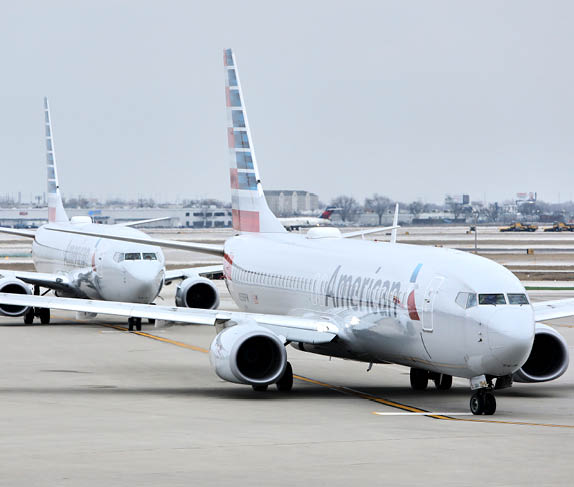Airbus Perlan Mission II, the world’s first initiative to pilot an engineless aircraft to the edge of space, has successfully completed a flight test campaign in the US, clearing the way for an attempt later this year to set a new aviation world altitude record for manned, level flight.
“Over the past decade, we have been on a thrilling adventure to inspire, educate and explore in the stratosphere, and Airbus has been a great partner on that journey as together we’ve attempted — and achieved — the seemingly impossible,” said Ed Warnock, CEO of The Perlan Project.
[gallery columns="2" size="medium" ids="90995,90996,90998,90999"]
The Perlan 2 glider soars over the mountains on a test flight in Minden, Nevada, ahead of a deployment to Argentine Patagonia to attempt to soar to 90,000 feet -- a new world altitude record.
The pressurised Perlan 2 glider, which set the subsonic world altitude record at over 76,000 feet in 2018, set sail on May 1, 2023 from the US for the long journey to El Calafate, Argentina. Above the Patagonian Andes where atmospheric conditions are optimal, expert pilots and engineers from the nonprofit The Perlan Project will attempt to soar the experimental glider to its service ceiling of 90,000 feet.
“If a glider, which is a truly zero-emission aircraft, can become the highest-flying aircraft of all time, it sends a powerful message that decarbonisation of aviation is no impediment to achievement, and can even be an enabler,” said C. Jeffrey Knittel, Airbus Americas Chairman and CEO.
As a research platform that emits no exhaust, Perlan 2 is suited to the high-altitude atmospheric research the team will conduct to inform more accurate climate-change models. The aircraft will soar to altitudes where the air density is similar to the atmosphere on Mars, providing opportunities for aerodynamic studies related to turbulence, extreme weather and future space exploration.
The aircraft will also carry aloft experiments designed by school students through The Perlan Project’s STEM partnership with Teachers in Space.

